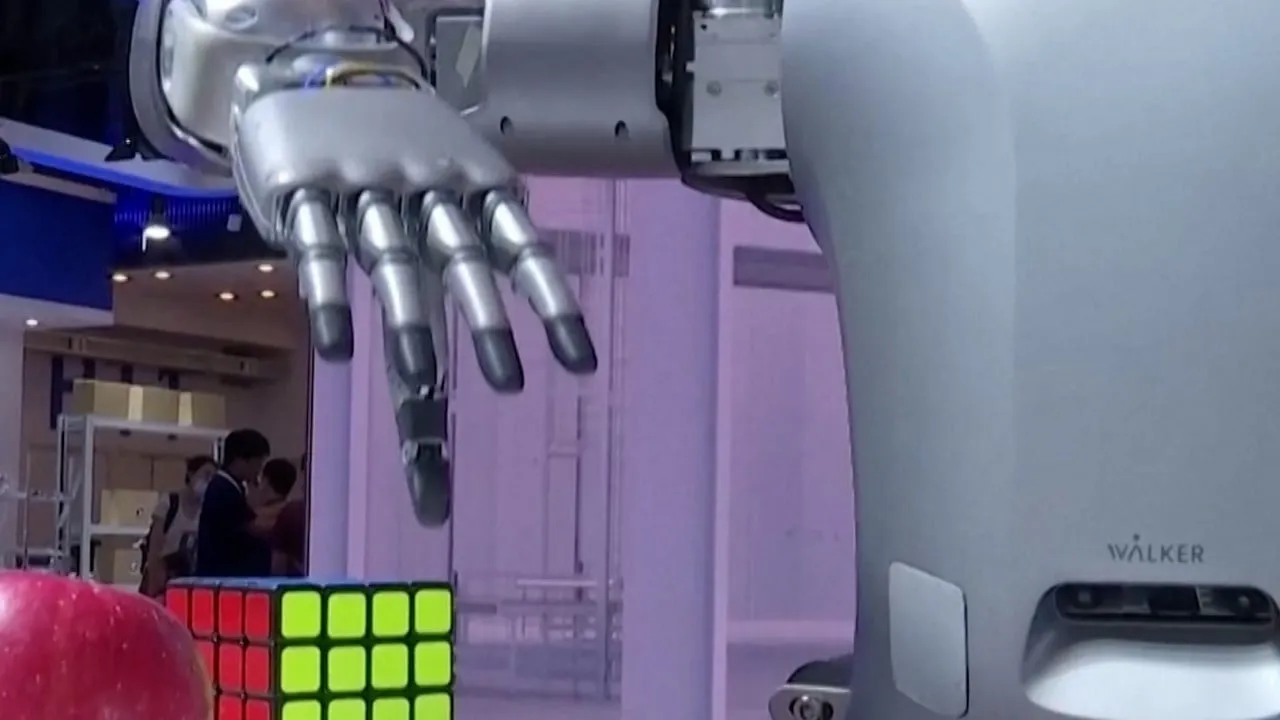Robotics Innovation in China’s Education Landscape: Ethical and Privacy Concerns

Ethical and Privacy Concerns in China’s Robotics Landscape
As China’s Ministry of Education pushes for robotics innovation in schools, ethical and privacy concerns surrounding humanoid robots remain at the forefront. The 14th Five-Year Plan aims to integrate AI and robotics into education and everyday life, marking a significant leap forward.
Innovative Policies Shaping the Future
The plan sets out goals for developing humanoid robots, with a view toward creating a foundational innovation system by 2025, thereby accelerating growth in the robotics sector.
The Role of Technology in Education
- Integration of Robotics in Schools: The Ministry is establishing AI education bases across the nation.
- Hands-On Learning: Schools are increasingly incorporating robotics into their curricula.
- Students are gaining exposure to cutting-edge technologies, encouraging a new generation of innovators.
Addressing Ethical Concerns
- Privacy Issues: The development of replica robots raises questions about individual privacy.
- Psychological Impact: How interactions with humanoid robots affect human behavior and social skills.
- Workforce Automation: The risk of job displacement as industrial robots become widespread.
Conclusion: Balancing Innovation and Ethics
While China’s commitment to robotics presents exciting opportunities, it's crucial to invest in ethical frameworks that ensure innovation benefits all sectors of society. The dialogue on navigating technological advancements responsibly must continue.
This article was prepared using information from open sources in accordance with the principles of Ethical Policy. The editorial team is not responsible for absolute accuracy, as it relies on data from the sources referenced.